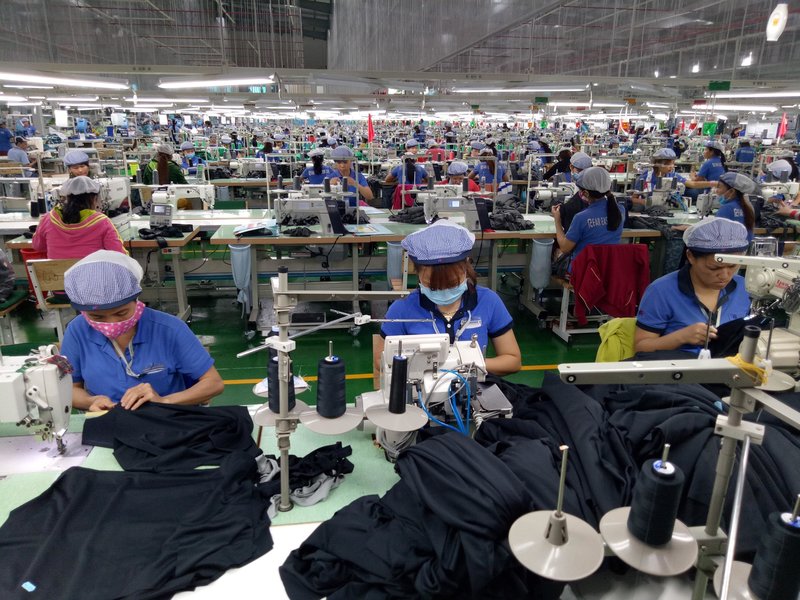Supporting policies for domestic firms equally important as FDI attraction incentives
In contrast to a wide range of investment incentives for multinationals, investment procedures for local enterprises, especially small and medium ones, remain complicated.
While Vietnam is stepping up efforts to attract fresh foreign direct investment (FDI) in the post-Covid-19 period, efficient and strong supporting policies for domestic firms are equally important to boost the economic recovery, according to National Assembly (NA) deputy Bui Thanh Tung.
| Supporting policies for domestic firms equally important as FDI attraction incentives. |
In contrast to a wide range of investment incentives for multinationals, investment procedures for local enterprises, especially small and medium ones, remain complicated, said Tung at an NA discussion session on June 15.
An equitable and fair treatment for both domestic and foreign-invested sectors would enhance trust and confidence of the business community in the government, a key step in speeding up Vietnam’s economic recovery, Tung suggested.
Tung pointed to the fact that ambiguities and inconsistencies in the government’s guidances for the implementation of a number of laws, including the Investment Law, the Construction Law, the Law on Planning, the Land Law, among others, cause confusion among government agencies and subsequent delays in realizing administrative procedures.
NA deputy from Nghe An province Nguyen Thanh Hien said Vietnam should be more selective in attracting high quality FDI, along with an active approach from each locality.
Hoang Van Cuong, vice principal of the National Economics University, added special mechanisms are needed for foreign investors to play a more prominent role in supporting domestic production.
This could be done via government incentives for multinationals to form partnerships with local enterprises, so that the latter could join the former’s supply chain, he added.
In addition to incentive policies, many NA deputies urged the government to invest in strategic infrastructure, including expressways, airports, seaports, telecommunications, IT and e-commerce.
Vietnam’s FDI approvals in the January – May period fell 17% year-on-year to US$13.9 billion. The figure, however, is higher than that of the same five-month period from 2016 to 2018, posting increases of 37.6%, 14.8% and 40.4% compared to the corresponding period of 2016, 2017 and 2018, respectively.
Meanwhile, disbursement of FDI projects in Vietnam totaled US$6.7 billion during the period, down 8.2% year-on-year.
The data shows that out of 96 countries and territories investing in Vietnam in the first five months of 2020, Singapore took the lead with US$5.3 billion. Thailand came second with US$1.46 billion, while the third place belonged to China with US$1.27 billion.












